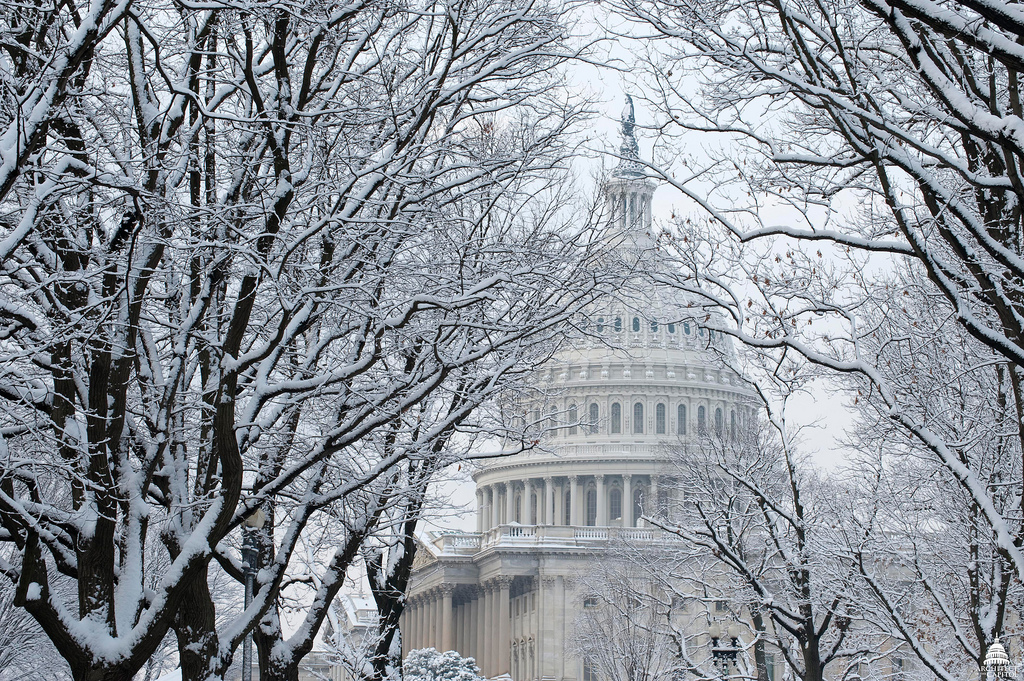Today, the Senate Health, Education, Labor and Pensions Committee held a hearing on smarter federal regulations for colleges and universities. In November of 2013, Senators Lamar Alexander (R-TN), Barbara Mikulski (D-MD), Richard Burr (R-NC) and Michael Bennet (D-CO) appointed the Task Force on Federal Regulation of Higher Education. Sixteen college presidents and CEOs were charged with reviewing Education Department regulations and reporting requirements for the country’s 6,000 institutions.
The report, which was sponsored by the American Council on Education, was released last week. It acknowledges the importance of federal regulation in ensuring institutional accountability. Overall, the report states that “reporting requirements that have an excessive reach, or that are unnecessarily costly and difficult to implement — or worse still, that hinder student access to college and drive costs up — are counterproductive.” Areas of concern include institutional accreditation, uniform definitions of Clery crimes and verification of student eligibility for financial aid, among other issues.
With reauthorization of the Higher Education Act on the horizon, the task force’s report asks policymakers to follow a series of “guiding principles” to govern the ED’s development, implementation and enforcement of regulations. Among the recommendations: Rules should be relevant, clear and purposeful, and their costs and burdens should be accurately estimated. Penalties for violations should be appropriate. And the department should “take all necessary steps to facilitate compliance” on the part of institutions.
The issue has turned into a hot button one and multiple organizations have come out opposing the report.
